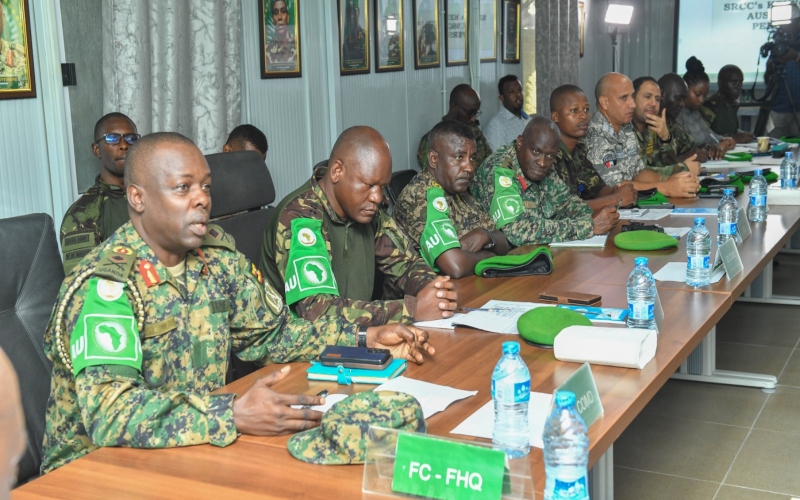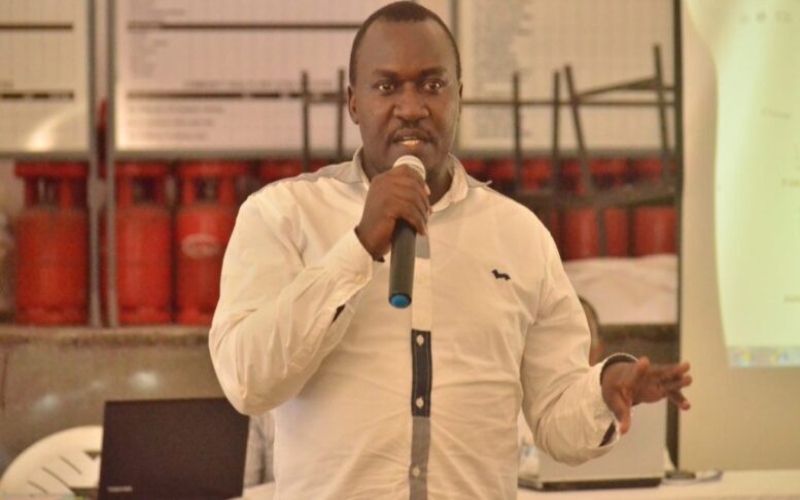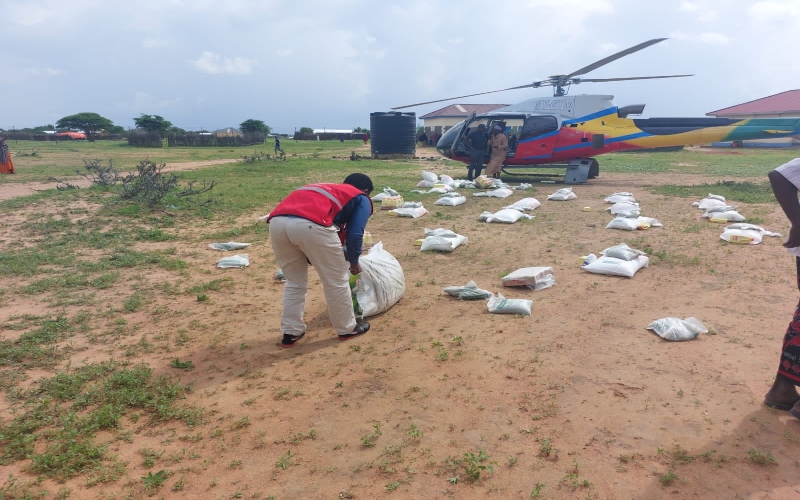EAC pushes for resumption of DRC peace talks under Nairobi and Luanda processes
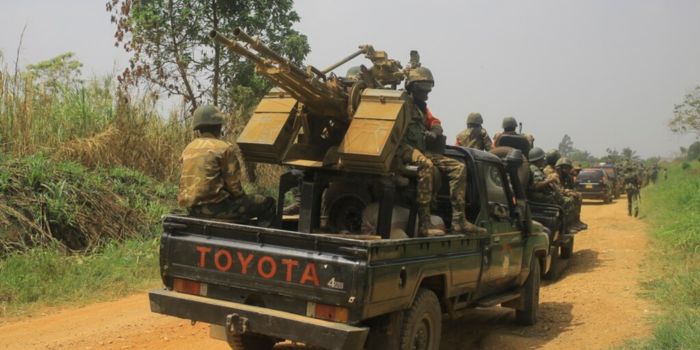
The two processes seek to address the two dimensions that define the security challenges in the Eastern DRC.
The East African Community (EAC) is seeking a resumption of peace talks to end escalating violence in the Eastern Democratic Republic of Congo (DRC) under the Nairobi and Luanda peace processes.
A communiqué shared after a retreat of EAC ministers in Zanzibar resolved to have the two processes resume concurrently within undisclosed timelines.
"The Ministers acknowledged that the viable path to sustainable peace and security in the Eastern Democratic Republic of the Congo is through a political process and recommended the convening of a summit of the EAC-led Nairobi process in reciprocal coordination with the Luanda process," the communiqué said.
More To Read
- France jails former Congolese rebel leader Roger Lumbala for war crimes
- AFC/M23 rebels announce withdrawal from Uvira, citing progress in Doha framework
- In eastern DR Congo's Uvira, war scars linger as calm cautiously returns
- Peace falters as fighting in eastern DR Congo raises fears of regional war
- Burundi closes border with DR Congo after M23 enters Uvira, sources say
- M23 rebels capture eastern DR Congo city of Uvira as thousands flee to Burundi
The two processes seek to address the two dimensions that define the security challenges in the Eastern DRC.
One is the issue of internal armed groups that rose to fill gaps occasioned by governance deficits as communities sought to protect themselves from the lingering violence, and the other is the external challenge of armed groups linked with neighbouring countries and the unending hostility between the DRC and Rwanda.
Both resumed talks in April last year, but they ended shortly after following issues of mistrust between Rwanda and the DRC, politics that affected the Nairobi peace process, and financial issues.
The EAC-led Nairobi Process was launched in April 2022 to resolve the internal conflict in the Eastern Democratic Republic of Congo (DRC) through engagement with stakeholders, including the government, armed groups, civil society organisations, and the international community through dialogue and negotiation.
It is led by former Kenyan President Uhuru Kenyatta, who acts as the facilitator of the process.
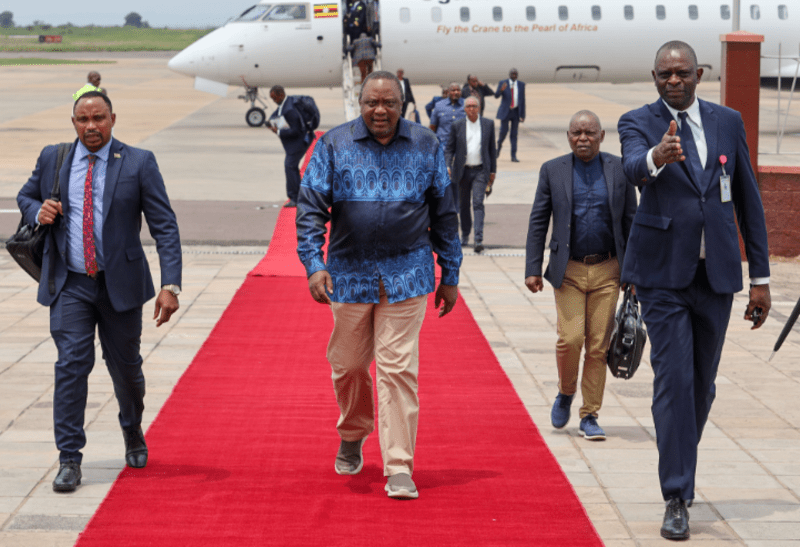 Former President Uhuru Kenyatta arrives in DRC for the inauguration ceremony of President Félix Antoine Tshisekedi, in January 2024. (Photo: X/Office of The Fourth President of Kenya)
Former President Uhuru Kenyatta arrives in DRC for the inauguration ceremony of President Félix Antoine Tshisekedi, in January 2024. (Photo: X/Office of The Fourth President of Kenya)
On the other hand, the Luanda process focuses on ending the hostility between the DRC and its neighbour Rwanda, whom it accuses of sponsoring the most dominant armed group in the Eastern DRC, the M23, which has been blamed for wreaking havoc in the country's eastern region.
The two processes have been on hold since last year, before the exit of the East African Community Regional Force (EACRF) and the arrival of the Southern African Development Community (SADC) Mission in the Democratic Republic of Congo (SAMIDRC).
The deteriorating security situation in eastern DRC has in recent months led to calls for the resumption of talks.
In a phone call with former President Uhuru Kenyatta, the facilitator of the East African Community-led Nairobi Peace Process, US Secretary of State Antony Blinken noted the importance of the Nairobi Process in providing a pathway to reconciliation with armed groups.
He also called on interventions by regional leaders to resolve the conflict.
"The Secretary emphasised the valuable role of regional leaders in assisting the DRC and Rwanda in implementing the confidence-building measures and other commitments made in their discussions with Director of National Intelligence Avril Haines and other senior U.S. officials," a statement by the Department of State Matthew Miller noted in February.
The meeting resolved to have the ministers of the Republic of Rwanda and the DRC meet at the earliest in the framework of the Luanda process to address the two nations' escalating interstate disputes.
At the same time, the meeting agreed to fast-track the conclusion of the EAC mutual defence pact and the operationalization of the EAC Council of Ministers on Peace and Security to ensure timely guidance on peace and security matters.
Top Stories Today

